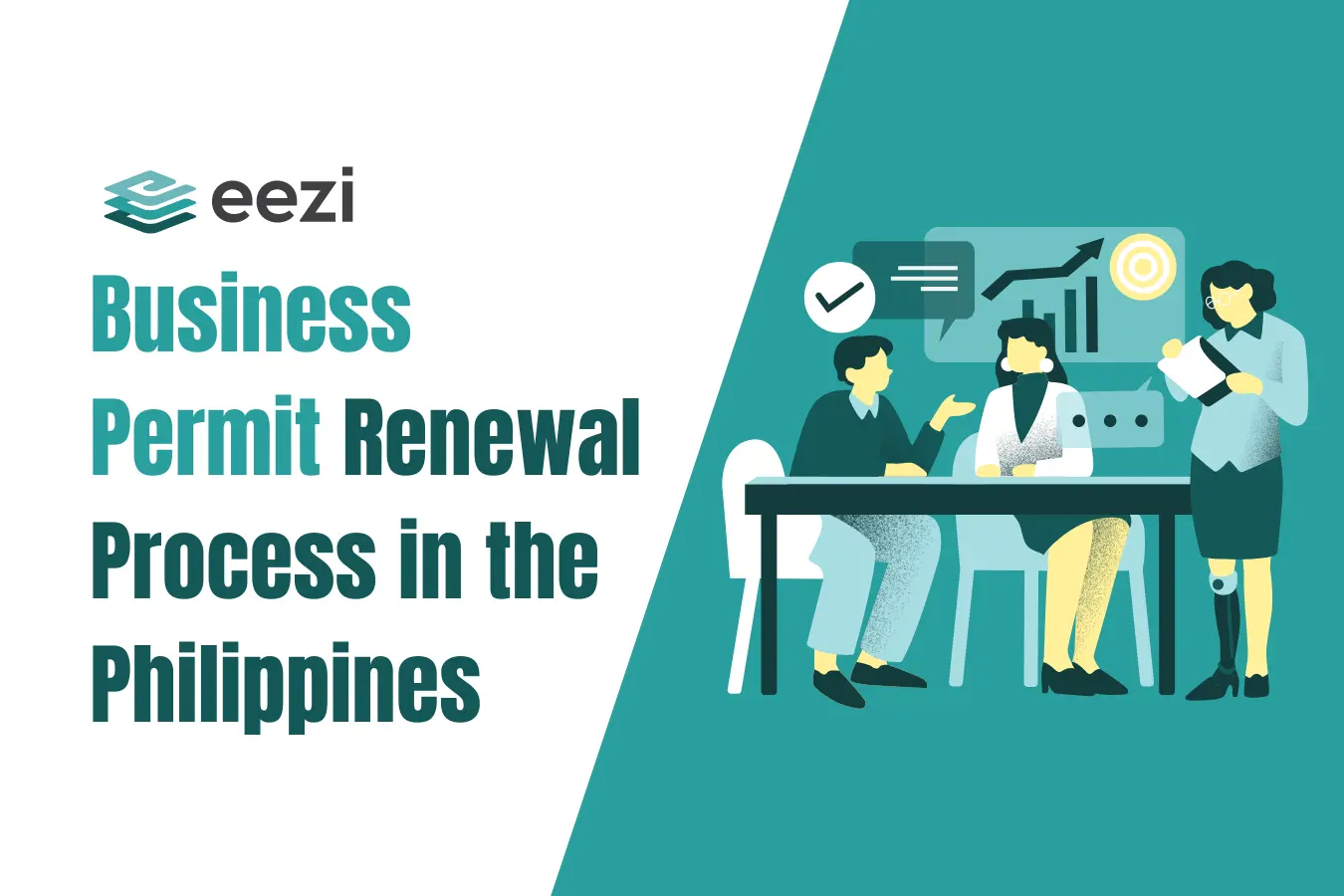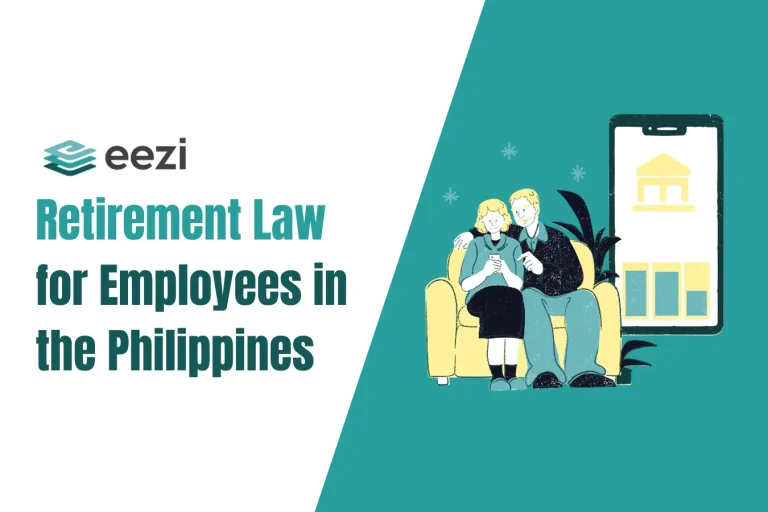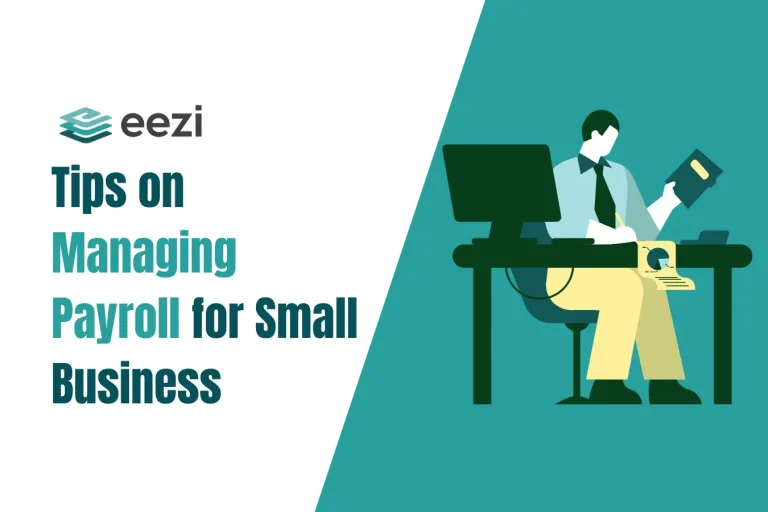Here are the steps and requirements for business permit renewal in the Philippines.

In the Philippines, renewing business permits is a requirement if a business owner or proprietor wants to continue to operate their business legally.
To facilitate a smooth process of renewing a business permit in the Philippines, it is advisable to prepare the necessary documents in advance.
This article will provide the necessary information, documents, and other requirements you will need to prepare prior to renewing your business permit.
Business Registration CalculatorWhat is a business permit, and why do you need one?
A business permit is a legal authorization granted by the Philippine government that allows an individual or entity to operate a business within the specific jurisdiction of a local government unit (LGU).
Business registrations serve as an official acknowledgment that the registered businesses have met the necessary requirements and comply with local regulations.
The issuance of a business permit in the Philippines involves a meticulous review of the business’s activities, location, and adherence to zoning laws, health and safety standards, and other applicable regulations, such as promptness in payment of business taxes, local business tax, etc.
Are business permits renewed annually?
This is one of the most important pieces of information that a business owner needs to know.
Business registration or a mayor’s permit needs to be renewed on a yearly or annual basis in order for you to continue to operate legally.
The annual renewal of business registration augments business legitimacy and the capacity to operate for the following year without hassle.
Related: Calculate your business registration dues
Business permit renewal deadline
In the Philippines, you need to renew your business permit at any time between January 1 and January 20 each year.
All types of businesses within the specific jurisdiction should comply with this deadline, regardless of the actual date of the business permit application with the (DTI) Department of Trade and Industry, (SEC) Securities and Exchange Commission, or (CDA) Cooperative Development Authority.

Requirements for the renewal of business permits
Since renewing a business permit in the Philippines is necessary, the actual requirements can vary depending on your local or municipal government units.
However, these are the common requirements that you should prepare in advance to replace the previous year’s business permit:
Barangay documents
This is the Barangay Business Permit, Barangay Clearance, or Barangay Clearance Certificate.
The barangay business registration or permit is an authorization document from the local barangay that allows a business to operate legally within its district. This document needs renewal on or before January 20 annually.
To apply for a barangay business registration renewal from your local barangay hall, you will need to provide the following requirements:
- A copy of the previous year’s barangay business registration or permit
- An official receipt for payment for the previous year’s barangay business registrations or permit permit
- Two copies of the Renewal Application Form
Other documents
Other Documents and Legal Permits Needed for Renewing a Business Permit:
- original copy of the business permit from the previous year
- Current Community Tax Certificate or its receipt of payment
- Copy of the Lease Contract
- CENRO (Community Environment and Natural Resources Office) Certificate
- authorized sanitary permit
- Fire safety inspection certificate
- Comprehensive general liability insurance
- Occupation and zoning clearance certificate
- An audited financial statement of your business from the previous fiscal year
Additional requirements
You may also need to submit the following additional business permit requirements based on your municipal government unit. Here are the common requirements:
- Copy of a notarized lease agreement
- DTI, SEC, or CDA registration
- Quarterly reports of value-added tax (VAT) returns from the previous fiscal year
- Declaration of Gross Receipts
- The number of employees at the time the business permits are being renewed
- SSS, Pag-IBIG, and PhilHealth registrations of your employees at the time of the business permit renewal
- A copy of an affidavit of no operations (if your business was unable to operate or engage in any form of financial transactions during the previous fiscal year)
Payment of fees
In addition to the documentary requirements stated above, you will also need to pay for the following fees:
- Local business tax (LBT)
- Mayor’s permit fee
- Sanitary inspection fee
- Garbage fee
- Building inspection fee
- Zoning fees
How to process business permit renewals
Check with your LGU about the specific requirements for renewing your business permit for the upcoming fiscal year.
Remember that business permit renewals should be processed at any time between January 1 and January 20.
Obtain all pre-requisite documents. You may need to visit other government offices, such as CENRO, BIR, and local health and sanitation offices, to complete the requisites.
Here is the step-by-step process:
Barangay permit renewal
Obtain a copy of the barangay clearance or barangay business permit renewal application form from your barangay hall.
Check with your local barangay regarding the specific requirements needed to obtain a copy of the annual renewal of the barangay permit.
Assessment of requirements.
Complete the requisite documents for your barangay permit renewal and submit them for assessment.
Pay the corresponding fees.
You will need to pay any processing fee associated with your request to renew the barangay business permit. Make sure to keep your official receipts.
Claim your Barangay Permit.
Return to the barangay hall where you submitted your application on the date specified by your local government unit to claim your processed and approved business permit.
Mayor’s permit renewal
Go to your local city hall or municipal hall and request a mayor’s permit form for renewal.
Take note of any requisite documents that you need to complete in advance.
Submit the required documents.
Fulfill and complete all necessary documents before submitting them to your city hall or municipal hall. Documents that require notarization and authentication should be processed in advance.
Pay the necessary fees.
Pay the processing fees promptly to avoid any delays in your renewal application.
Claim your Mayor’s Permit.
Return to the city hall or municipal hall, where you processed your permit renewal to claim it.
Penalties for late renewal or non-compliance
The Local Government Code of the Philippines states that a twenty-five percent (25%) surcharge will be applied to the business tax assessed. Moreover, there is an additional two percent (2%) monthly penalty for every month that the business proprietor or entity fails to renew its business permit.
Further delinquency can result in an order to cease operations as well as an order for the closure and/or seizure of all assets and properties of the involved business entity.
Initial business permit application process
For first-time or new business permit applicants, you need to submit the following required documents:
- Barangay Clearance: Request this clearance from the Barangay where your business operates. You will also need a copy of your business registration and a notarized lease contract or a Transfer Certificate of Title (TCT). Lastly, you will also need to pay a Barangay Clearance Fee.
- Certificate of Registration: Sole proprietors need to present their DTI Business Name Certificate. Alternatively, corporations and partnerships will need to submit an SEC Registration. Moreover, you may also need to submit your Articles of Incorporation or Articles of Partnership.
- Contract of Lease: Those who lease their business area would need to submit a contract of lease. However, those who own their place of business will need a TCT or Tax Declaration.
- Certificate of Occupancy: You will need to provide a sketch or pictures of your business location for this certificate. In addition, you will need to have a Fire Inspection Certificate.
- Community Tax Certificate or CEDULA: You may get a community tax certificate from the City Treasurer’s Office in your city hall.
Other permits
Fire Safety Inspection Certificate or Fire Permit: For the Fire Permit, you will need to submit documents like building plans, permits, clearances, insurance coverage, and recommendations from safety inspectors.
Building Permit and Electrical Inspection Certificate: This certificate requires extensive documents. The list includes the following:
- Detailed building plan
- Lot plan
- Clearances (Homeowners’, Barangay, etc.)
- Fire Safety
- Lease Contract (Owner’s authorization if renting and land title/tax declaration if owned)
- Office location sketch
- Old building permit (if it applies)
- Material bills and specifications
- Structural computation
Locational Clearance: You will usually get your locational clearance within 3 to 5 days from the Zoning Office in your local or municipal government. The requirements usually include the following:
- Notarized Contract of Lease
- Certificate of Occupancy
- Business Location Sketch
- Building Permit
- Authorization (For renters)
- Certification of No Renovation
- Real Property Tax Declaration
Sanitary Permit: You will need a Sanitary Permit, regardless of whether you own a food or non-food business, to follow the Sanitary Code of the Philippines. For this, you will need the following:
- Chest X-Ray
- 1×1 Picture for each employee
- Permit payment
- Sanitary inspection fees
- Medical Certificate of Health Card from the local Health Officer
For a more updated list of requirements that are specific to your business, check in with your local licensing office.
Business permit renewal online
With the help of online services and payment platforms, you can now have your business permit renewed online in select local or municipal government units. All you need to do is submit your requirements, pay the fees, and wait for your renewed business permit.
Estimate your fees and official renewal fee structure using our calculator:
Business Registration CalculatorSmall business challenges in business permit application
Due to the distinct business permit applications and renewal requirements across different industries and municipalities, small business owners can encounter various bottlenecks during the renewal process in order to continue to operate legally.
Manual procedures for business license renewal tend to be more time-consuming for several reasons, such as the demands of data entry and the difficulty of locating necessary paperwork that isn’t stored in a centralized system.
Small business owners that are required to navigate this approach may face several potential issues, including:
- Complex Procedures: Navigating intricate and time-consuming renewal processes that require detailed documentation.
- High Costs: Managing substantial business permit fees associated with renewal, which can strain limited budgets.
- Lack of Information: Dealing with insufficient guidance and resources, making it difficult to understand the requirements of the appropriate government agencies associated with the process.
- Long Waiting Times: Enduring delays in processing and approval, which can disrupt business operations.
- Administrative Steps: Handling extensive paperwork and procedural requirements, which may require careful attention to detail and additional time to ensure accuracy.
- Inconsistent Requirements: Handling varying regulations and standards of several government agencies that may change frequently or differ by locality.
Best practices for small businesses when applying for permits
By following these best practices, small business owners can effectively manage the challenges associated with renewing business registrations or licenses and ensure a smoother, more efficient process.
- Understand Requirements Thoroughly: Research the specific licensing requirements for your industry and locality in advance.
- Stay Organized: Use digital tools to store and manage all necessary documents in one centralized location, making them easily accessible for renewals.
- Plan Ahead: Start the renewal process well before the deadline to avoid last-minute rushes and potential delays.
- Utilize Online-Based Processes: If your local or municipal government unit offers online renewal options, take advantage of these digital platforms to fill out forms and track the status of your application, thus reducing manual effort and minimizing errors.
- Communicate with the Municipal Government Unit: Regularly check for updates on licensing requirements and seek clarification on any ambiguous points with your municipal or local government officials.
- Prepare Financially: Anticipate the costs associated with license renewals. Budget for these expenses and set aside funds in advance to avoid financial strain when fees are due.
- Double-Check Submissions: Review all paperwork and documentation thoroughly before submission. Ensure all forms are complete and accurate to prevent rejections or delays due to errors.
- Stay Informed About Changes: Keep abreast of any changes in licensing regulations. Subscribe to newsletters, join local business groups, and attend relevant meetings to stay updated on new policies or adjustments.
- Use Checklists: Create detailed checklists for the renewal process. Break down the tasks step-by-step to ensure nothing is overlooked and to keep track of your progress.
We’re here to make your business eezi!
eezi is a flexible HR and payroll system designed for micro and small businesses in the Philippines, so we can provide you with advanced features typically found only in larger enterprises!



